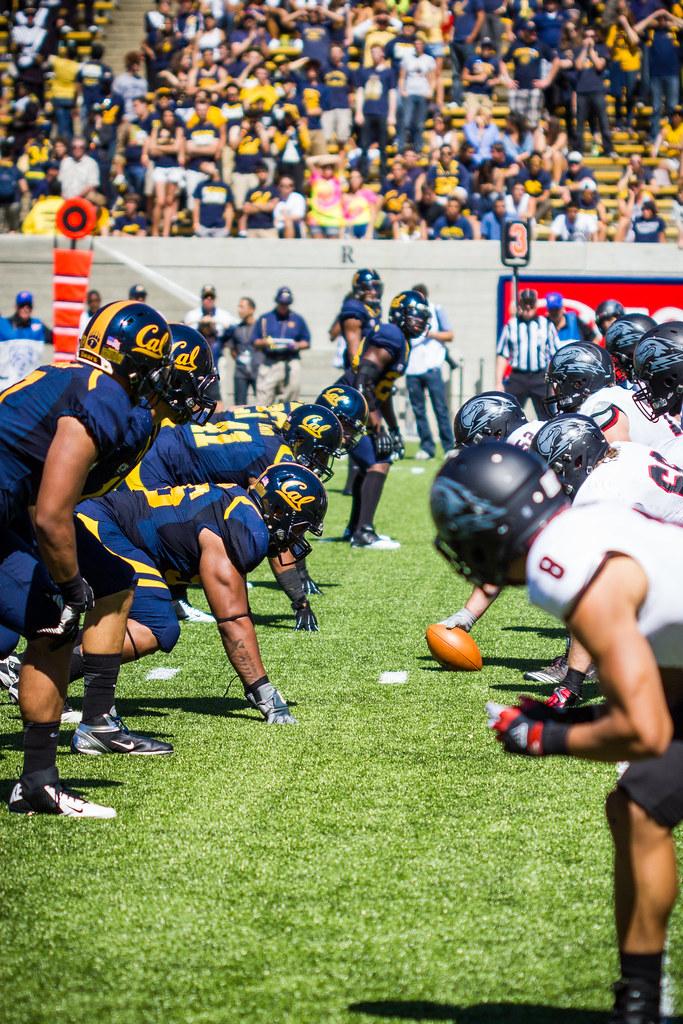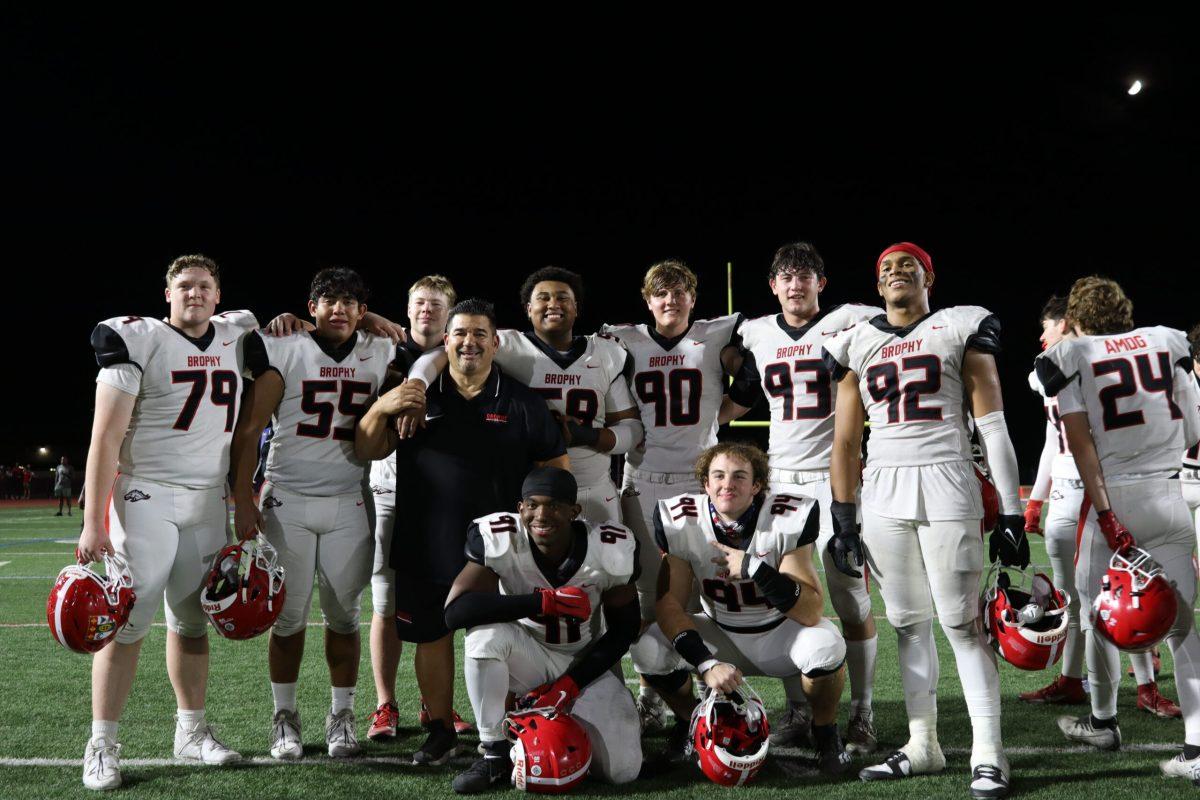By John Wichterman ’23
THE ROUNDUP
Around this time, University of Arizona and Arizona State fans would be bickering at each other, tailgating before games, and getting ready for a new college football season, but after the Pac-12 decided to postpone their season, this won’t happen for a while.
On Aug. 11, the Pac-12 conference presidents and chancellors voted unanimously to postpone their fall football season after consulting with athletic directors and the Pac-12 Medical Advisory Committee who were expressing concern over contact practice.
The league aims to return to play and start their season on Nov. 6, which is the latest of all power 5 conferences.
California and Oregon house half of the 12 teams in the Pac-12, and easing COVID-19 restrictions in these states has posed the biggest challenge to continuing football this fall. These states have refused large-scale reopenings until they have seen a decline in the rate of the spread of the virus.
The Pac-12’s decision followed shortly behind the Big Ten’s resolution, which was made earlier that same day.
“It sucked man, it was kind of harsh. But it is what it is. It gives us time to grow and get better and improve on technique,” said Andrew Milek ’20, who is now playing football at the University of Southern California.
“In my mind, all of us were prepping for a season because there can’t be any self-doubt, especially since we have been training for this since December,” Milek said.
Milek also pointed out that he, along with all of the other freshmen, were slowly put into practice with everyone else. He explained that this helped him adapt to the new competitive environment since he had more time.
Trevor Klein ’20, who is playing football at Carroll College in Montana, pointed out similar experiences. He noted that he and other freshmen were given more of a spotlight due to everyone being split up.
Milek touched on how all of the players felt after hearing the news that the Pac-12 was to postpone their season. “Obviously, all of us want to play, you know, but there’s not much that we can really do.”
“There is a lot more to all of this than just playing. There are a lot of things that a kid who is 18 to 23 years old doesn’t think about,” said varsity football coach Mr. Jason Jewell.
For now, the Pac-12 and its commissioner, Larry Scott, want to prioritize “the health, safety and well-being of [their] student-athletes and all those connected to Pac-12 sports” before making the decision to return to play.
























